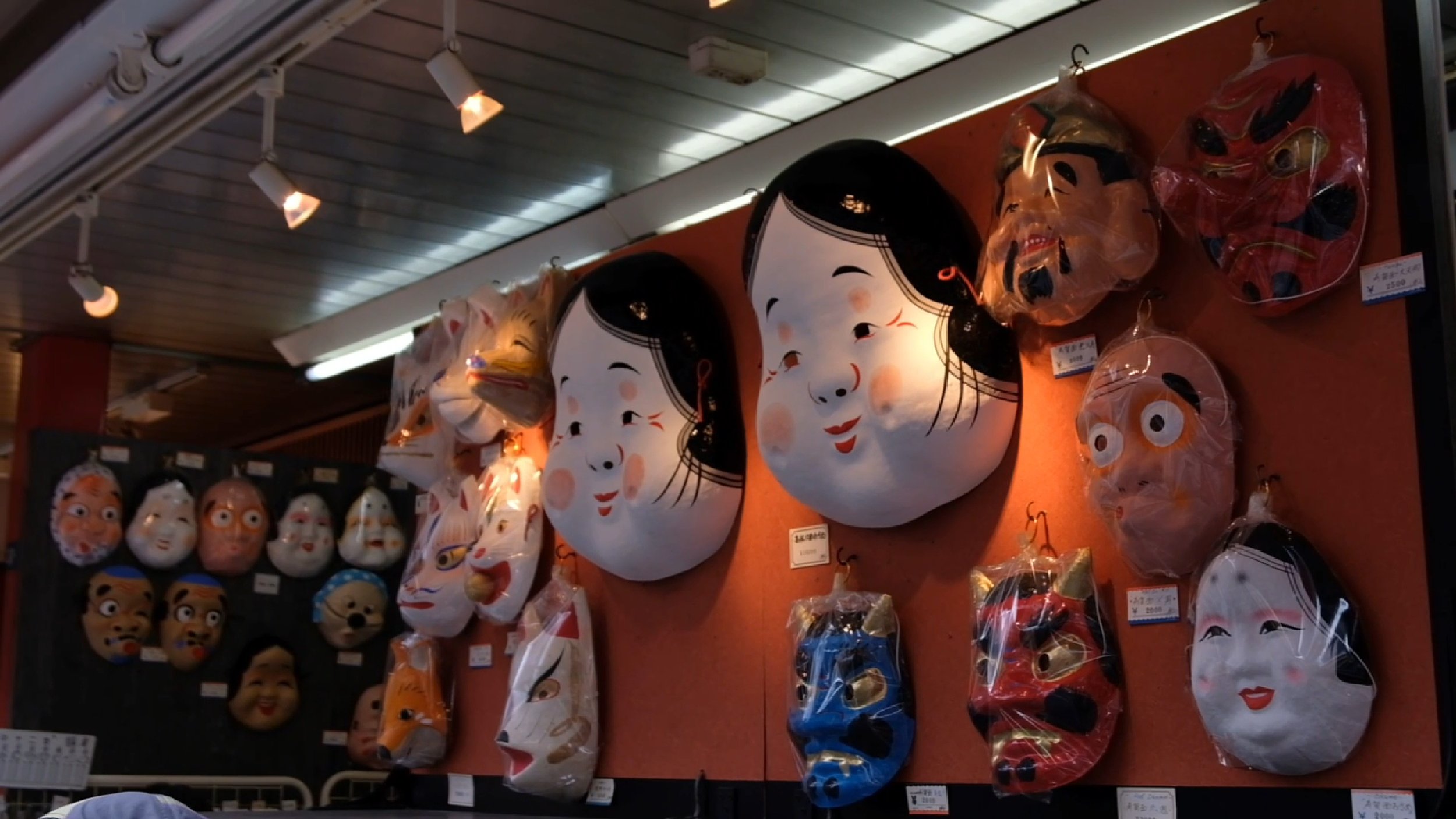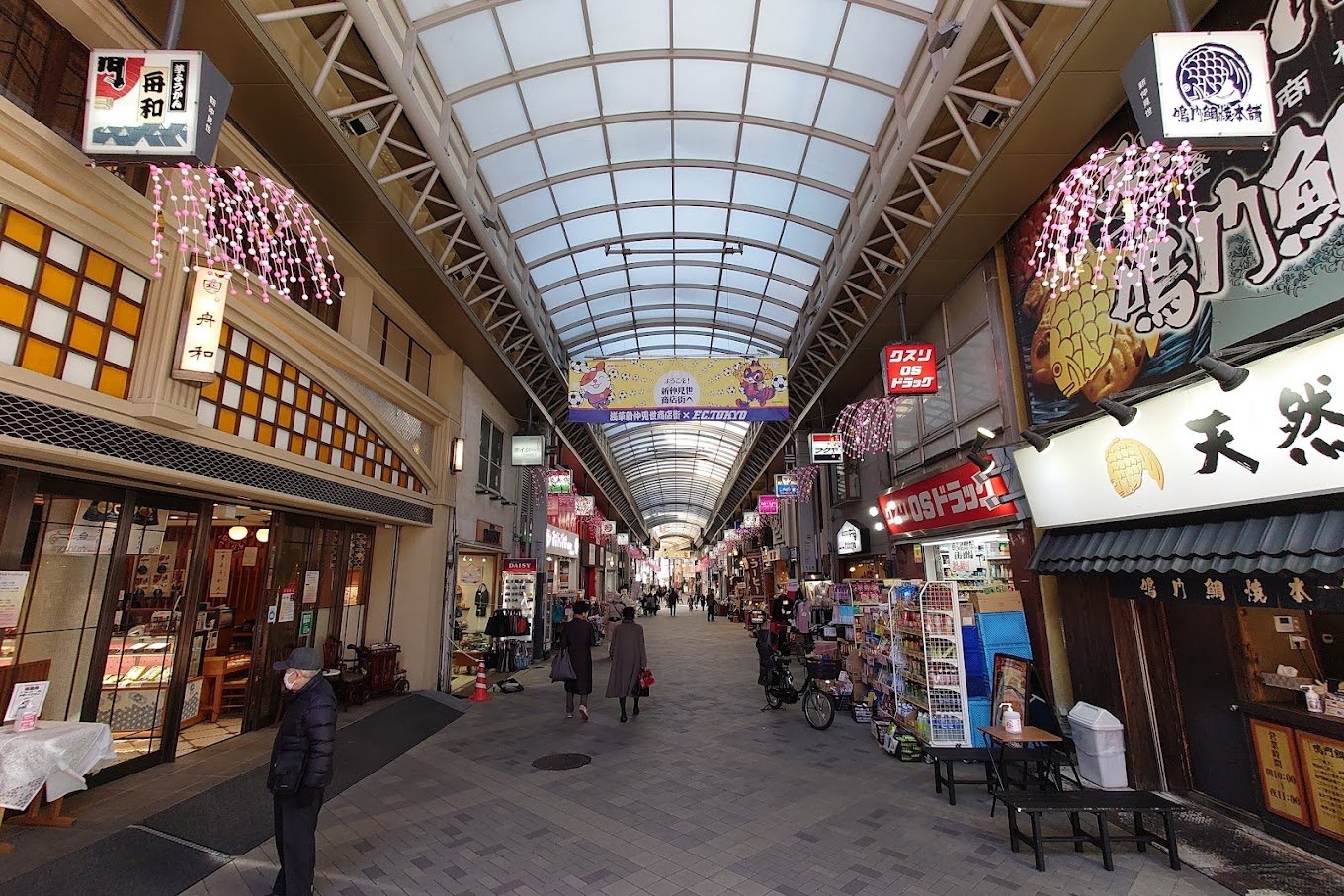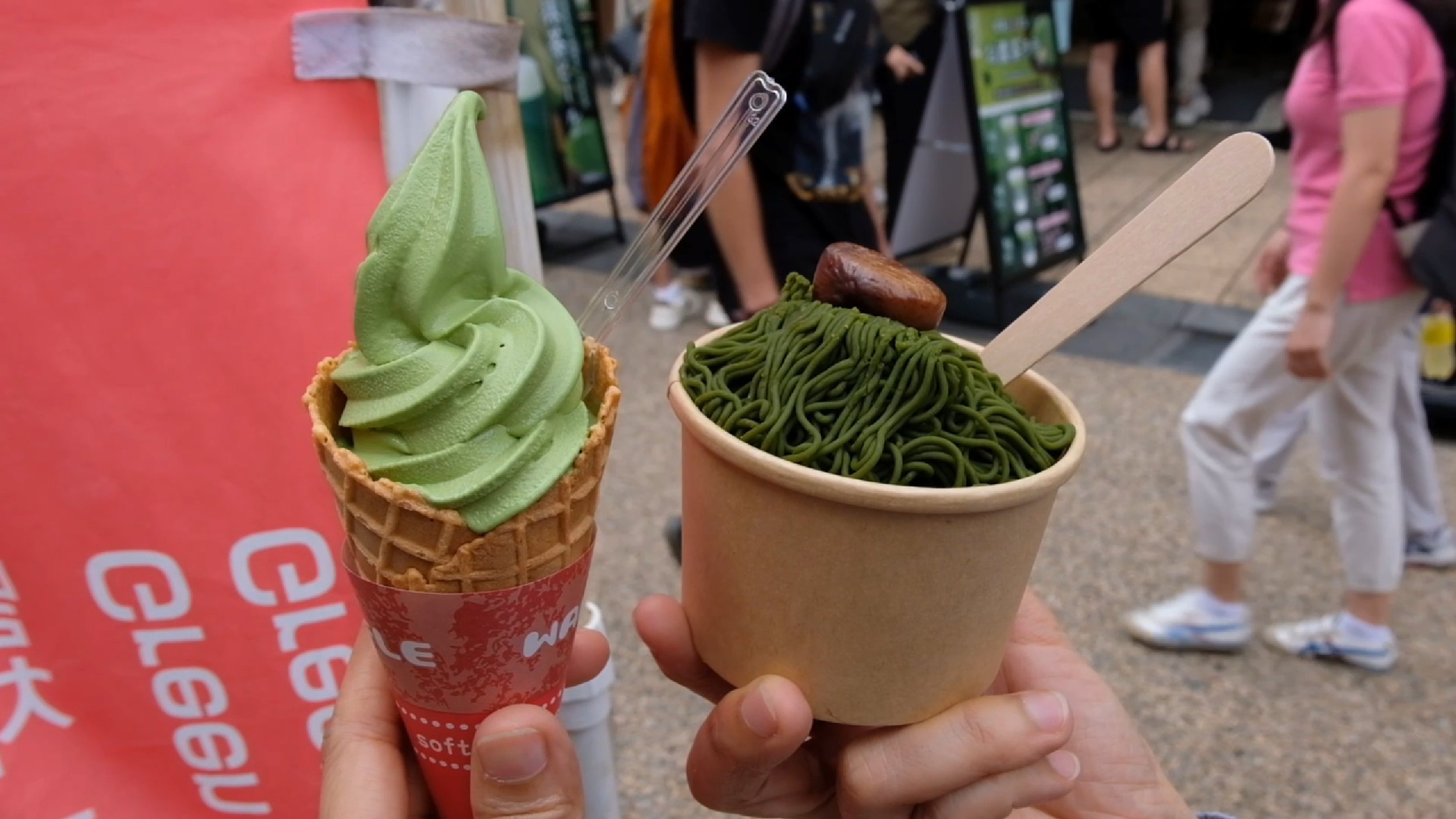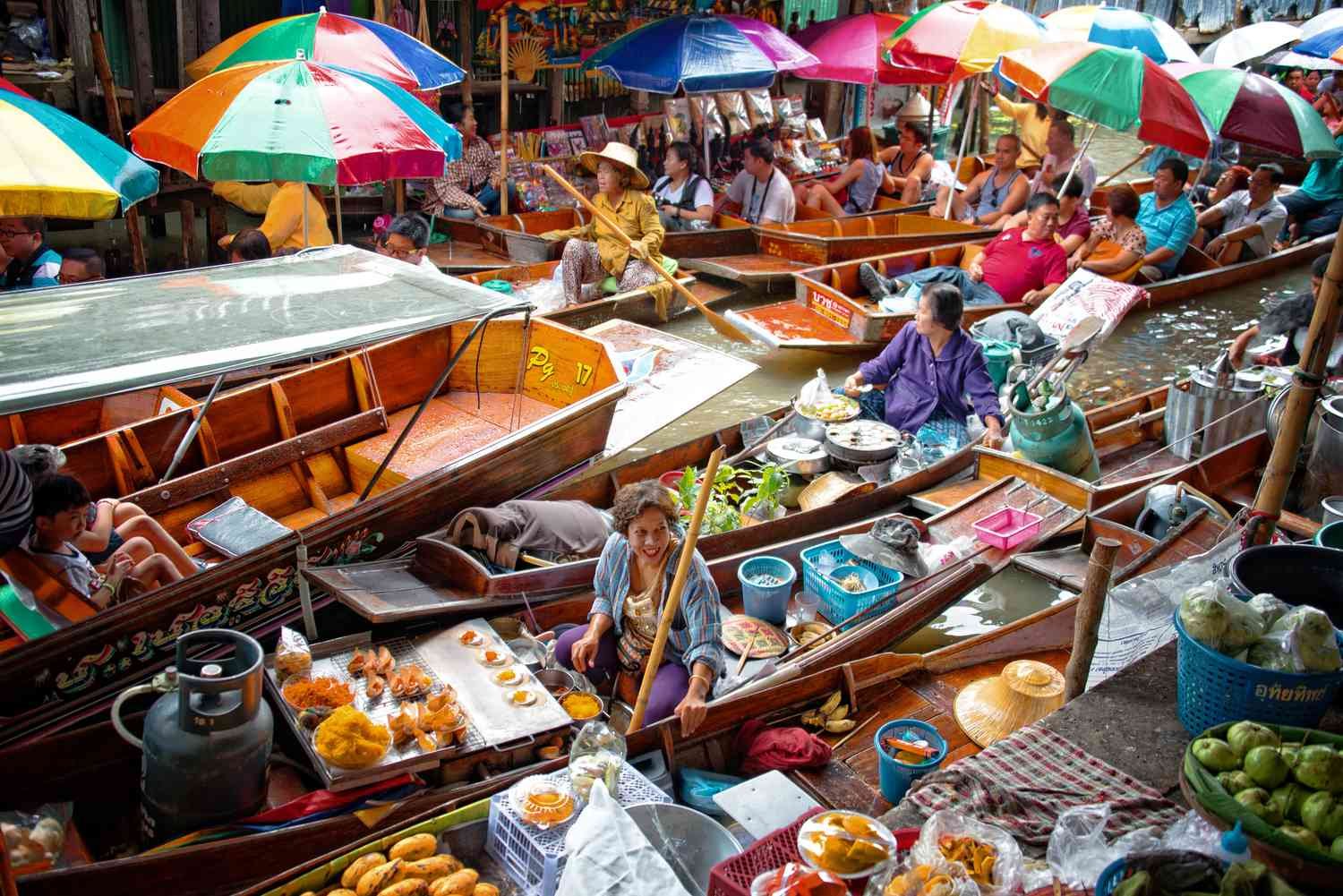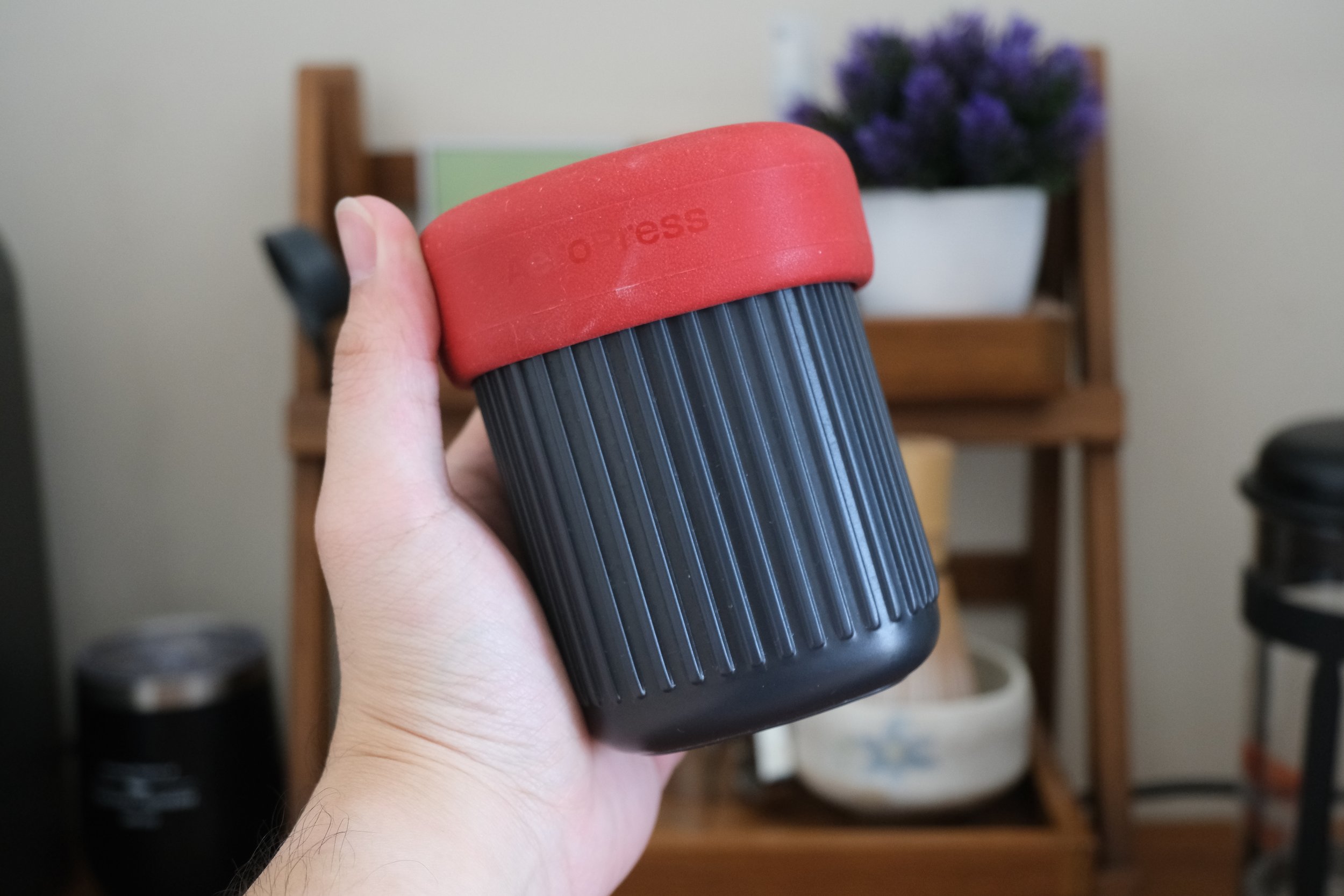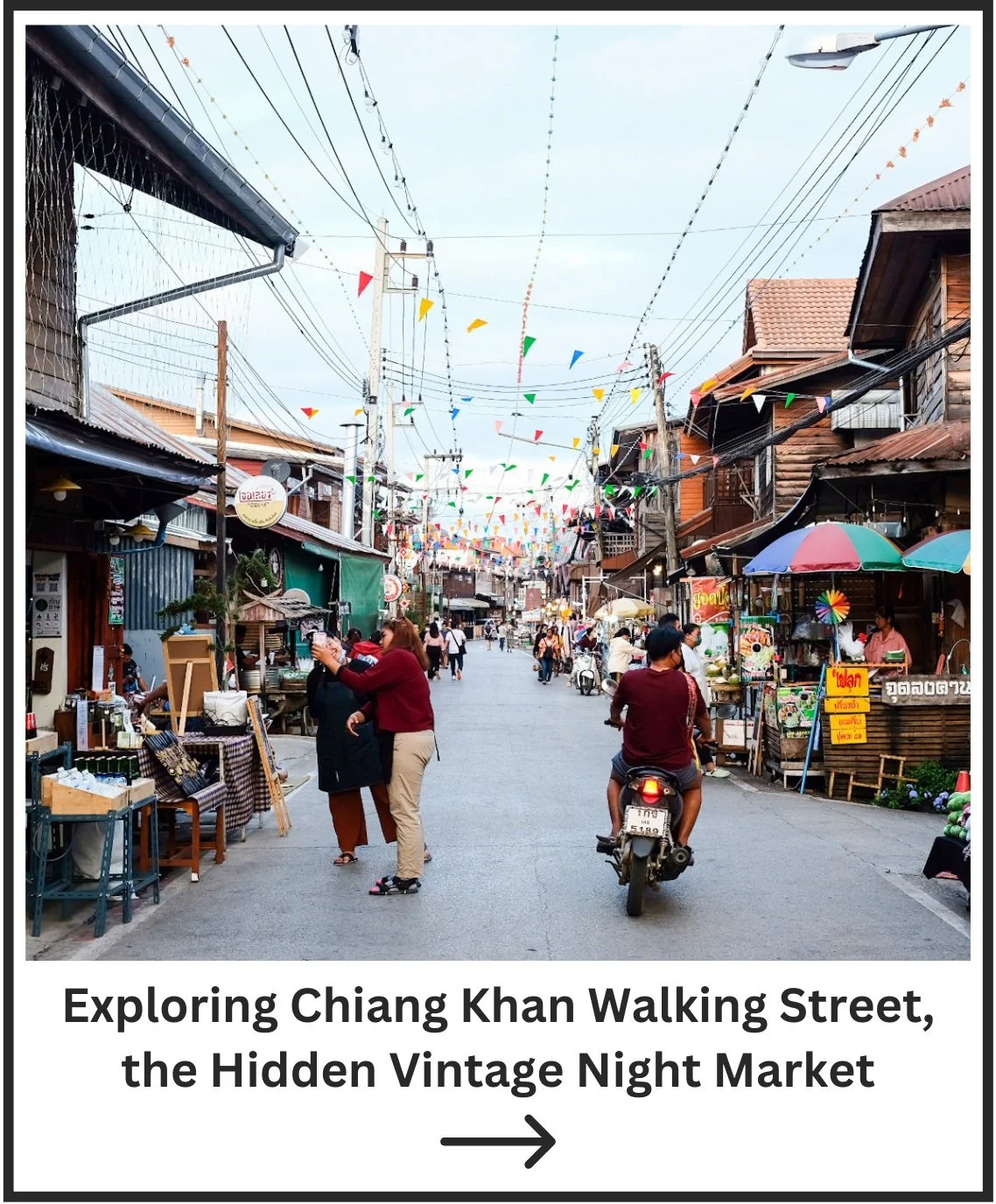Shopping at Asakusa and Visiting Senso-ji, The Oldest Buddhist Temple in Tokyo!
The menacing Kaminarimon Gate at the entrance of Senso-ji Temple
Hey guys, long time no see! Sorry for the long hiatus, had a huge issue with Google and their algorithm updates ruining niche bloggers’ business’s and whatnot. Also in that Time I’ve had the chance to travel to Tokyo so I’m going to be bringing you around starting with the most famous tourist attraction in all of Tokyo, the Asakusa District and the Senso-ji Temple!
The Asakusa district lies in the very heart of Tokyo, with the oldest Buddhist temple in Toyko, Senso-ji temple being the at the center of the district. Asakusa isn’t all about temples though, the district is home to a maze of shops, restaurants and the famous Nakamise shopping street leading directly to Senso-ji. So come with me as I bring you guys on an adventure shopping and eating through Asakusa!
Affiliate Disclaimer: This page contains affiliate links. By clicking on the links and purchasing the product, I will receive a partial commission at no cost to you. All of these products are ones that I fully trust and recommend with my heart. Thank you for your support!
My YouTube Video on Asakusa
If you want to get explore the sights and sounds of Asakusa, I’ve made a vlog on my YouTube channel, JamesKWN, exploring Asakusa as well as the Senso-ji Temple. I would appreciate it if you were to check it out :)
How to Travel to Asakusa
Sadly, Mario Kart go carts isn’t on the list of options for transportation…
Traveling to Asakusa Temple, is pretty straight forward, since it’s a major tourist attraction your transportation options are plenty.
Taking the Tokyo Metro Train
The easiest and most convenient way (and the method I used) to reach Asakusa is by train. The Tokyo Metro Ginza Line and the Toei Asakusa Line both stop at Asakusa Station, which is just a short walk from the temple. If you’re coming from major hubs like Tokyo Station or Shinjuku, transfers through the Ginza Line or via Ueno Station can get you there efficiently. The ride usually takes 15-30 minutes, depending on your starting point.
Speaking of convenience, this is where I recommend you get an Unlimited 1/2/3 Day Subway Pass. These passes allow you to travel all throughout Tokyo’s extensive underground metro lines making transportation from one attraction to another a breeze.
Taking the City Bus
Another option is to take the bus, Tokyo’s Toei Bus Service is another reliable option. Routes that head to Asakusa often operate from various parts of the city, including Ueno and Tokyo Station. The buses are comfortable and are equipped with English signage, so there is no fear of getting lost. While the ride may take longer than the train, around 40 minutes, Bus fares more affordable, making this a good alternative for those of you on a budget.
Taking a Taxi
I usually don’t recommend taking taxis in Japan, they are expensive! But if you must, a taxi ride from central Tokyo will usually take about 20-30 minutes and can cost anywhere between 2,500 to 4,000 yen.
Best Hotels Near Asakusa
The popular chain hotel APA Hotel
Unless you only plan on visiting Asakusa on your Tokyo trip, you’ll probably not want to stay in a hotel right next to Asakusa. So I’ll recommend you some hotels and accommodations that provide easy access to transportation, more specifically the Metro, and are near major districts.
Anshin Oyado Shinjuku - A very well respected capsule hotel with all the amenities, showers, pool, capsules can accommodate 2 people, close to Shinjuku
APA Hotel TKP Nippori - A comfortable chain hotel mainly for businessmen but also popular with tourists. Clean comfortable and all amenities provided
APA Hotel & Resort Nishishinjuku - A comfortable chain hotel mainly for businessmen but also popular with tourists. Clean comfortable and all amenities provided, located near metro
Shinagawa Prince Hotel - Luxury hotel with bars, restaurants, aquariums, and theaters. clean and comfortable rooms.
90% of the time I travel to Japan I personally stay at APA hotels, they are business hotels but the comfort and amenities they provide is unparalleled, and the price is not too steep as well.
Exploring Asakusa and Sensoji Temple
Senso-ji is very spacious with quite a few activities to do
Senso-ji is Tokyo's oldest and most significant Buddhist temple and a beloved cultural landmark in Tokyo. The origin of the temple date back to around the 7th century AD, while it’s exact origins are unknown there is a legend that states that in 628 AD two brothers went fishing in the nearby Sumida River and caught a statue of the Goddess of Mercy, Kannon. Later the Senso-ji Temple was built as a shrine to this statue.
Now is that true? I have no Idea. Sounds plausible though.
Various masks some look cool some look a bit scary…
Nakamise Street ad Senso-ji temple almost feel like an anomaly in a way. The walking street and the temple exhibit the ancient traditional Edo style architecture with wooden columns painted red and sloped roofs in bright green. A stark contrast to the modern grey columns that surround the temple.
It’s beautiful in a way, like a slice of history is preserved in a city that’s leading the global technological race.
Nakamise Shopping Street and the Kaminarimon Gate (Image by “Travel to Japan”)
The district of Asakusa itself is a hub for shopping. The Nakamise street especially, is lined with columns of shops selling all sorts of knick knacks. And of course it’s very very crowded. Though Japan is a safe country in general, I still advise you to take care of your belongings.
You’ll also notice that a lot of school children are here as well. Walking through the Nakamise street you’ll notice that there is literally a school on the left-hand side. I honestly feel kind of sorry for the kids having to navigate through the crowds of tourists…
Things to Do in Asakusa
Asakusa is all about shopping with a little hint of a historical vibe, you can explore the bustling Nakamise Shopping Street, visit the historic Senso-ji Temple, and so much more!
Shop and Eat at the Shin Nakamise Shopping Street
While everyone else is crowding over at the main walking street, take your time to explore here
Before getting into the actual main touristy part of Asakusa (Nakamise street and the temple) the surrounding area is known as the Shin Nakamise Shopping Street. A series of alleys branching out from the main Nakamise Shopping Street sort of like fish bones.
Here is where you’ll find proper sit down restaurants serving ramen, yakiniku, tempura, etc… As well as a bunch of shops selling cosmetic items, and clothing. Though still catering to tourists, this shopping is less crowded and less overtly touristy.
Shop and Eat Through the Historic Nakamise Shopping Street
Senso-ji Temple and Nakamise historic street amongst the drab modern buildings
The Nakamise Shopping Street is a lively tourist walking street that stretches from the iconic Kaminarimon Gate all the way to the Senso-ji Temple.
This historic pathway is one of Tokyo’s oldest shopping streets, and it’s full of souvenirs, street food snacks and cheap clothing. Though the street is obviously geared towards tourists, it’s still a fun place to just walk around and explore.
Some notable things you’ll encounter here are:
Ningyo-yaki - little cakes filled with various sweet and savory fillings
Senbei - traditional Japanese rice cracker snacks
Trinkets and souvenirs - fridge magnets, chopsticks, clothes, those masks of the Inari foxes, yukatas, etc...
Just be prepared with some money in your wallet, and also keep it close cause there is a lot of people…
Pray at the Senso-ji Temple
The Asakusa Shrine at the Senso-ji Temple
Senso-ji Temple is the oldest and most significant Buddhist temple in the city, first established in 645 AD. The temple is dedicated to Kannon, the Goddess of Mercy.
Once you pass the second main gate (Hozomon Gate), you’ll arrive at the main temple area. Within the temple grounds, you can draw an omikuji which is a traditional paper fortune, cleanse your hands and mouth at the purification fountain, and light an incense candle at the cauldron in front of the main temple hall. The main temple hall (or shrine) is a tall five story pagoda dedicated to the previously mentioned Goddess of Mercy.
Various events are also held throughout the year at the Sensoji Temple area. If you’re lucky you might see the biggest of them all which is the annual Sanja Matsuri, held in May.
Bask in the Glory of the Kaminarimon Gate
That’s the biggest lantern I have ever seen…
Standing proudly at the entrance to Senso-ji Temple, the Kaminarimon Gate is an iconic and imposing symbol of Tokyo. With its towering wooden red pillars and massive, giant imposing Chochin lanterns with the kanji for "thunder gate" written on them.
Passing beneath the colossal lanterns, you’re greeted by 2 menacing guardian deities, Fūjin, the God of wind, and Raijin, the God of thunder. While the deities are quick scary, I feel like the 3.9 meter tall lanterns are way more menacing, something about those large red curves…
It’s an impressing structure for sure and one place where you definitely need to get a photo of.
Take a Quick Visit to the Tokyo Skytree!
The Tokyo Skytree looming over in the distance
Though not exactly in the main tourist area of Asakusa, you can certainly spot the towering Tokyo Skytree from the streets of Asakusa. And you can give it a quick visit if you are willing to walk there.
This towering structure, standing at an astonishing 634 meters, is the tallest building in Japan! Ascending up to the top you’ll find an observation deck which gives you a beautiful panoramic view of the Tokyo skyline. At the bottom of tower is Solamachi, A little shopping area where you can, eat, learn, and of course shop.
If you are planning to ascend to the observation deck of the Tokyo Skytree you’ll need to purchase a ticket. I recommend buying a ticket online so you can avoid the long queues at the service counter.
Places to Eat in Asakusa
Isn’t that the most beautiful bowl of Tempure you have ever seen?
Tokyo is famous for a variety of dishes, mainly:
Sushi – Especially Edomae sushi, a style that originated in Tokyo.
Ramen – Shoyu (soy sauce) ramen is particularly popular in Tokyo, but you’ll find various styles.
Tempura – Lightly battered and deep-fried seafood and vegetables.
Monjayaki – A savory, runny pancake similar to okonomiyaki, unique to Tokyo.
Matcha Ice cream, and this Matcha flavored chestnut dessert thing…
With Asakusa being a major tourist attraction you’ll find all of these foods to be available in the area. Some great restaurants that I recommend are:
Yoshoku Yoshikami - Serving Japanese - Western dishes for decades, dishes like curry rice, omurice, beef stew spaghetti, hamburger steak, etc…
Asakusa Gyukatsu - Deep fried beef cutlet over rice, the beef is fried blue, but there is a mini stove for you to further cook your beef, absolutely delicious.
Amairo - Cozy little shop serving Tempura rice bowls-
Steakhouse Matsunami - A Japanese steakhouse serving various cuts of meat teppanyaki style
All of these are proper restaurants that locals enjoy and not just ones that specifically target tourists. Though do expect the prices to be a bit higher than your average restaurant because… Tourism.





